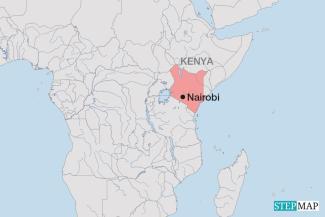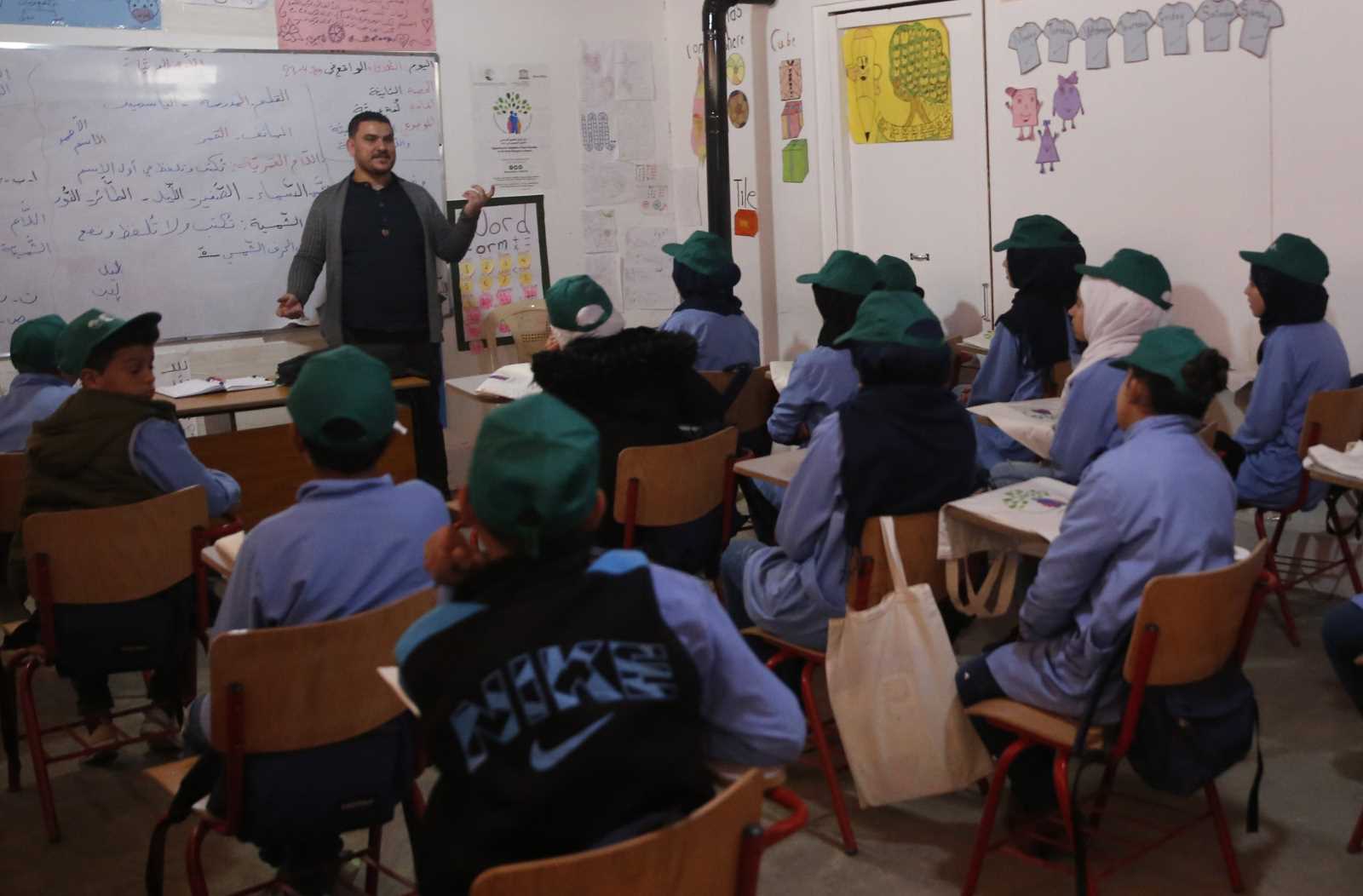Law enforcement
Police tactics put journalists’ lives in danger

Over the past few months, the East African nation has been rocked by opposition-led anti-government demonstrations against economic decisions by President William Ruto’s government. To deal with the increasing pressure from demonstrators, police officers have adopted a tactic of masquerading as journalists to blend into crowds of protesters. The success rate of arrests has since improved as police officers can easily select demonstrators and take them away.
In one of the more dramatic episodes, a plain-clothed policeman poses as a photojournalist sandwiched between a group of protesters and uniformed anti-riot police in Nairobi’s Mathare slums. The policeman then ditches his camera and sneaks up on the most vocal of the protesters, a man complaining bitterly that the police had teargassed his child in his home and grabs him by the waist before marching him off to a waiting police vehicle.
The effect of this trend is that protesters, angered by this tactic, have become increasingly suspicious of journalists in their midst. Every journalist could be a police officer. Thus, journalists assigned to cover protests have become more cautious as they mingle with demonstrators, fearing hostilities from an understandably aggravated crowd.
Reacting to this situation, the Media Council of Kenya, which is the media’s governing and accreditation body, said that the imitation of journalists is unprofessional conduct by the police and puts the lives of journalists in danger. The work of journalists is explicitly protected by the country’s constitution.
Media commentator Elijah Gichuru expressed similar concerns, saying the pattern would put the lives of journalists in danger. Eventually, the public would lose out on the valuable output of journalists. “When journalists’ lives are in danger then the society can miss out because we rely on the media for information, to find out what is happening in the country, such as where the demonstrations are. This information helps us to make choices. Therefore, it is very risky for the media to be hampered in doing what they are meant to do. The media are the eyes of society,” Gichuru said.
The government’s attitude to the police’s handling of the protests does not help matters. Both the president and his deputy have praised the police for what they say was a job well done in quelling the protests, ignoring the spate of human-rights abuses attributed to the police in dealing with the demonstrators. The government has also been conspicuously silent on the issue of police posing as members of the press.
Joseph Maina is a freelance writer based in Naivasha, Kenya.
mainajoseph166@gmail.com









